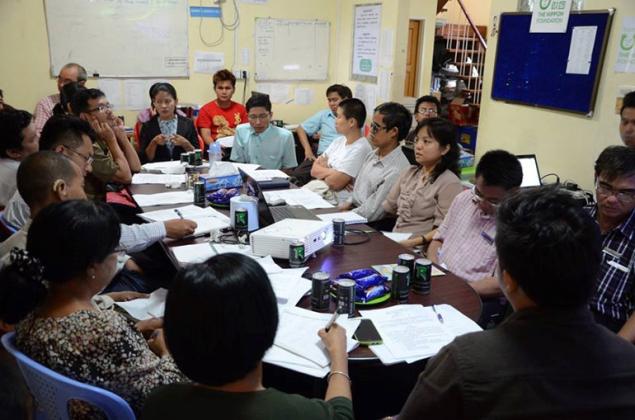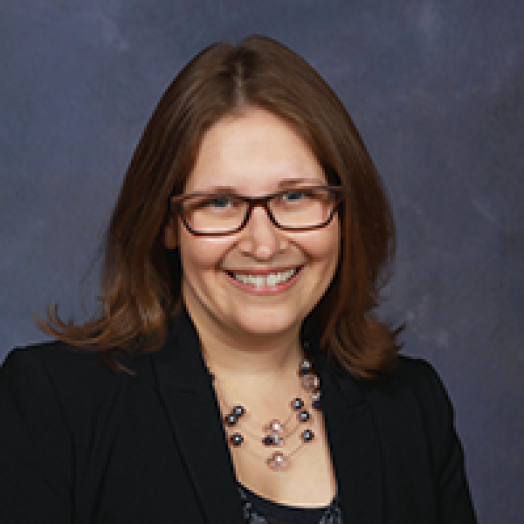
Post-Election Advocacy Advances Disability Inclusion in Myanmar
During Myanmar’s historic general elections in November 2015, the Myanmar Independent Living Initiative (MILI), a disability rights organization based in Yangon, worked to ensure that the elections were the country’s most accessible and inclusive elections to date for persons with disabilities. In the post-election period, and with support from the International Foundation for Electoral Systems (IFES), MILI is now solidifying its progress with newly elected Members of Parliament and incoming members of the Union Election Commission (UEC), as well as uniting the disability rights community behind national-level disability inclusion goals for the next five years.
After several consultations with disabled person’s organizations (DPOs) representatives from across Myanmar in early 2016, MILI is now finalizing a national disability rights policy platform, which highlights 11 goals that the disability rights community would like to accomplish or progress toward in the next five years, and developing a related toolkit for use by Members of Parliament, government institutions such as the UEC, and members of the disability rights community. The goals include increasing financial and public support for the UEC’s inclusion work, ensuring that all persons with disabilities (including psychosocial disabilities) have equal access to the voting process, and addressing disability inclusion in Myanmar’s National Education Law. By having a consolidated list of key action items, it helps the disability community pool its resources into encouraging progress on disability inclusion at both national and local levels. The toolkit will be publicly released in summer 2016.
To facilitate support for the policy platform and other disability rights initiatives, MILI is forging new connections with allies in government institutions. On May 19, 2016, MILI traveled north to Nay Pyi Taw, Myanmar’s capital, to meet with the new members of the UEC for the first time. Introducing itself and its work, MILI applauded the UEC’s good work in the November 2015 elections and highlighted the importance of continuing to include men and women with disabilities as part of the UEC’s work, a vision supported by the UEC Chairman during his presentation.
A similar introductory meeting took place on June 1 with 50 Members of Parliament in Nay Pyi Taw, including the Vice Chairman of the Amyotha Hluttaw (the upper house of Myanmar’s bicameral legislature), U Aye Thar Aung. Thanking MILI and other Myanmar DPOs for their advocacy on disability rights, he stated, “all people worked hard to develop a system of democracy, and now it is important to work on the right and access of persons with disabilities.” During the session, MILI followed up on the Vice Chairman’s comments by sharing the challenges that persons with disabilities can encounter in Myanmar, noting the public commitments to disability rights that Myanmar has previously made, and discussing some of the key interests of the disability rights community.
During a question and answer session, key Members of Parliament committed to following up with government Ministries to help develop universal access standards for building codes, reforming policies and laws, allocating a portion of the annual budget for persons with disabilities, and collaborating with the UEC to discuss the voter list registration process for persons with disabilities.
MILI is also seeking to reinforce Myanmar’s participation in regional conversations on disability rights. On Friday, May 20, MILI hosted an all-day consultation with disability rights organizations and activities from around the country to formulate feedback on the Association of Southeast Asian Nations’ (ASEAN) Vision 2025, a regional action plan for ensuring fundamental freedoms and human rights in Southeast Asia from 2015-2025, as well as feedback for the ASEAN Intergovernmental Commission on Human Rights’ draft regional action plan on disabilities. The feedback will help shape the implementation of disability rights action plans in Myanmar and beyond.










